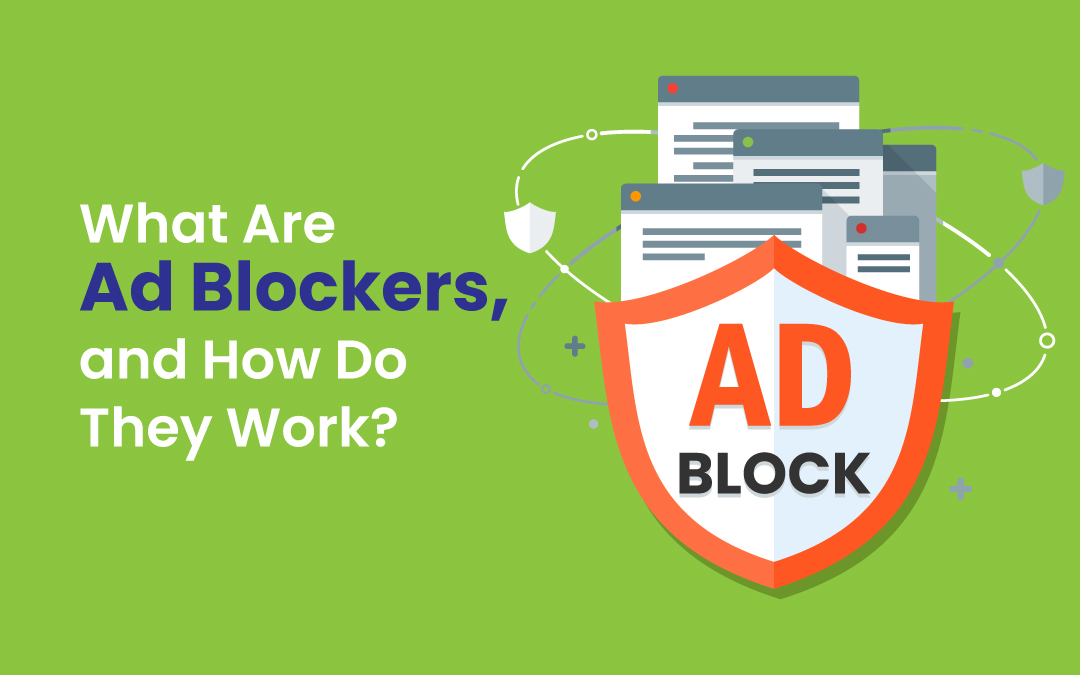How Do Ad Blockers Make Money?

Imagine this: you're browsing the web, enjoying your favorite websites, and suddenly, an ad pops up, disrupting your flow. Annoying, right? That's where ad blockers come in. These handy tools help you navigate the web without the constant interruption of ads. But have you ever wondered how do ad blockers make money? After all, they're providing a service that directly impacts the digital advertising ecosystem. Let's dive in and explore the fascinating world of ad blocking technology and its economic model.
Understanding Ad Blockers
Ad blockers are software tools designed to prevent advertisements from appearing on your screen. They work by filtering out ad-related content, ensuring a smoother and more enjoyable browsing experience. But how do these tools sustain themselves financially when they're essentially blocking a primary revenue stream for websites?
The Business Model of Ad Blockers
Ad blockers employ several strategies to generate revenue. The most common methods include:
- Freemium Model: Many ad blockers offer a basic version for free, but charge for premium features. These features can include advanced filtering options, customizable whitelists, and enhanced user privacy.
- Donations and Subscriptions: Some ad blockers rely on user donations or subscriptions. Users who find the service valuable can contribute financially to support its development and maintenance.
- Partnerships with Content Creators: Ad blockers often partner with content creators to offer a win-win solution. By allowing ads from trusted partners, ad blockers can generate revenue while still providing a better user experience.
The Impact on Digital Advertising
Ad blockers have a significant impact on digital advertising. By blocking ads, they reduce the ad revenue impact on websites, which can be a double-edged sword. On one hand, users enjoy a cleaner browsing experience. On the other hand, content creators may struggle to monetize their work effectively.
Balancing User Privacy and Ad Revenue
One of the primary concerns with ad blockers is the balance between user privacy and ad revenue. Ad blockers often emphasize user privacy, blocking trackers and other invasive technologies used by advertisers. However, this can lead to a reduction in ad revenue for websites, affecting their ability to produce high-quality content. How do ad blockers navigate this delicate balance?
Many ad blockers offer whitelisting options, allowing users to support their favorite websites by permitting ads from trusted sources. This approach ensures that content creators can still generate revenue while respecting user privacy. Additionally, some ad blockers provide analytics to help websites understand their audience better, enabling them to create more targeted and effective advertising campaigns.
The Future of Ad Blockers
As the digital landscape continues to evolve, so will ad blockers. The future of ad blocking technology lies in finding innovative ways to support both users and content creators. This could involve more sophisticated filtering algorithms, better partnerships with advertisers, and enhanced user control over their browsing experience.
Moreover, the conversation around ad blockers is shifting towards a more collaborative approach. Rather than viewing ad blockers as adversaries, many in the digital advertising industry are exploring how they can work together to create a more sustainable and user-friendly ecosystem. This includes developing new ad formats that are less intrusive and more respectful of user privacy.
Conclusion
So, how do ad blockers make money? The answer lies in a combination of freemium models, donations, subscriptions, and strategic partnerships. While ad blockers present challenges to the digital advertising industry, they also offer opportunities for innovation and collaboration. By understanding the economic model of ad blockers, we can appreciate the complex dynamics at play and work towards a more balanced and user-friendly web experience.
As you continue to explore the world of ad blockers, remember that your choices as a user have a significant impact. Whether you choose to support content creators by whitelisting ads or contribute financially to ad blockers, your actions shape the future of the web. So, what role will you play in this evolving landscape?
FAQs
1. Do ad blockers completely block all ads?
No, many ad blockers offer whitelisting options, allowing users to support their favorite websites by permitting ads from trusted sources.
2. How do ad blockers affect content creators?
Ad blockers can reduce ad revenue for content creators, making it challenging for them to monetize their work. However, partnerships and whitelisting options can help mitigate this impact.
3. Are ad blockers legal?
Yes, ad blockers are legal in most jurisdictions. However, some websites may restrict access to users who have ad blockers enabled.
4. Can ad blockers improve user privacy?
Yes, ad blockers often block trackers and other invasive technologies used by advertisers, enhancing user privacy.
5. What is the future of ad blockers?
The future of ad blockers lies in finding innovative ways to support both users and content creators, including more sophisticated filtering algorithms and better partnerships with advertisers.
```
Belum ada Komentar untuk " How Do Ad Blockers Make Money?"
Posting Komentar